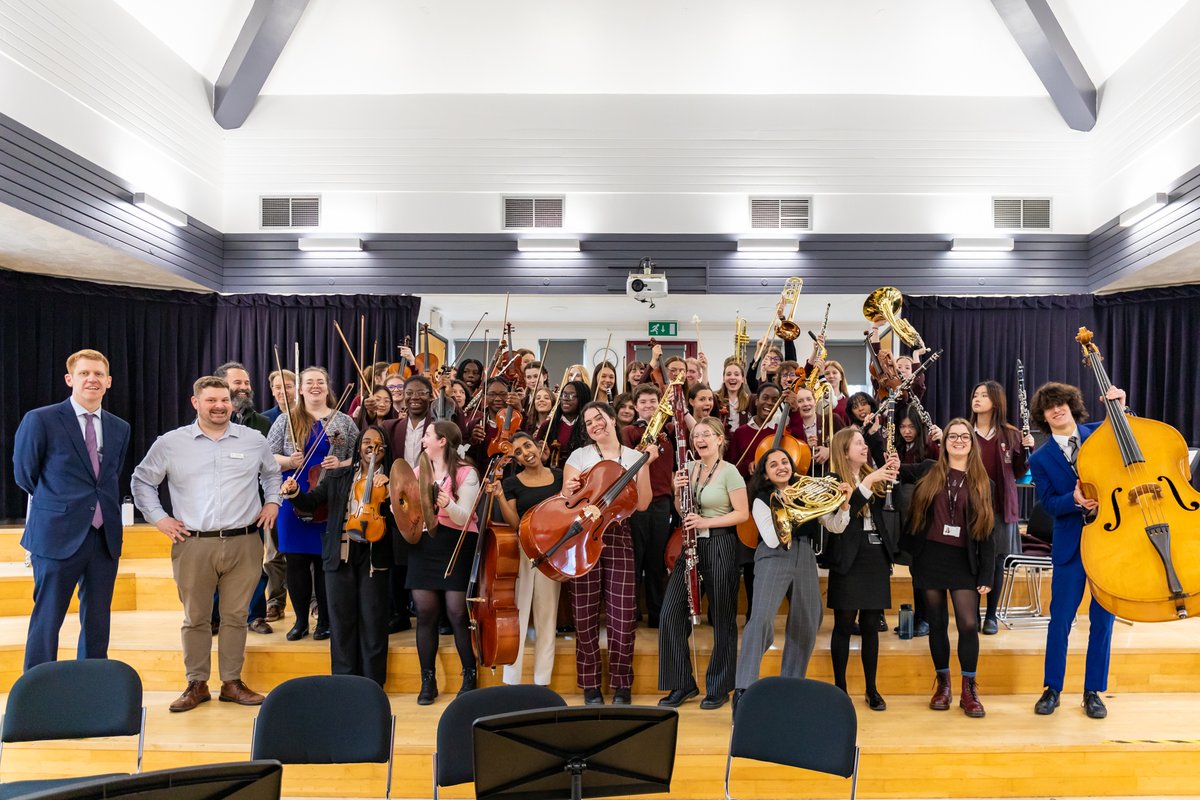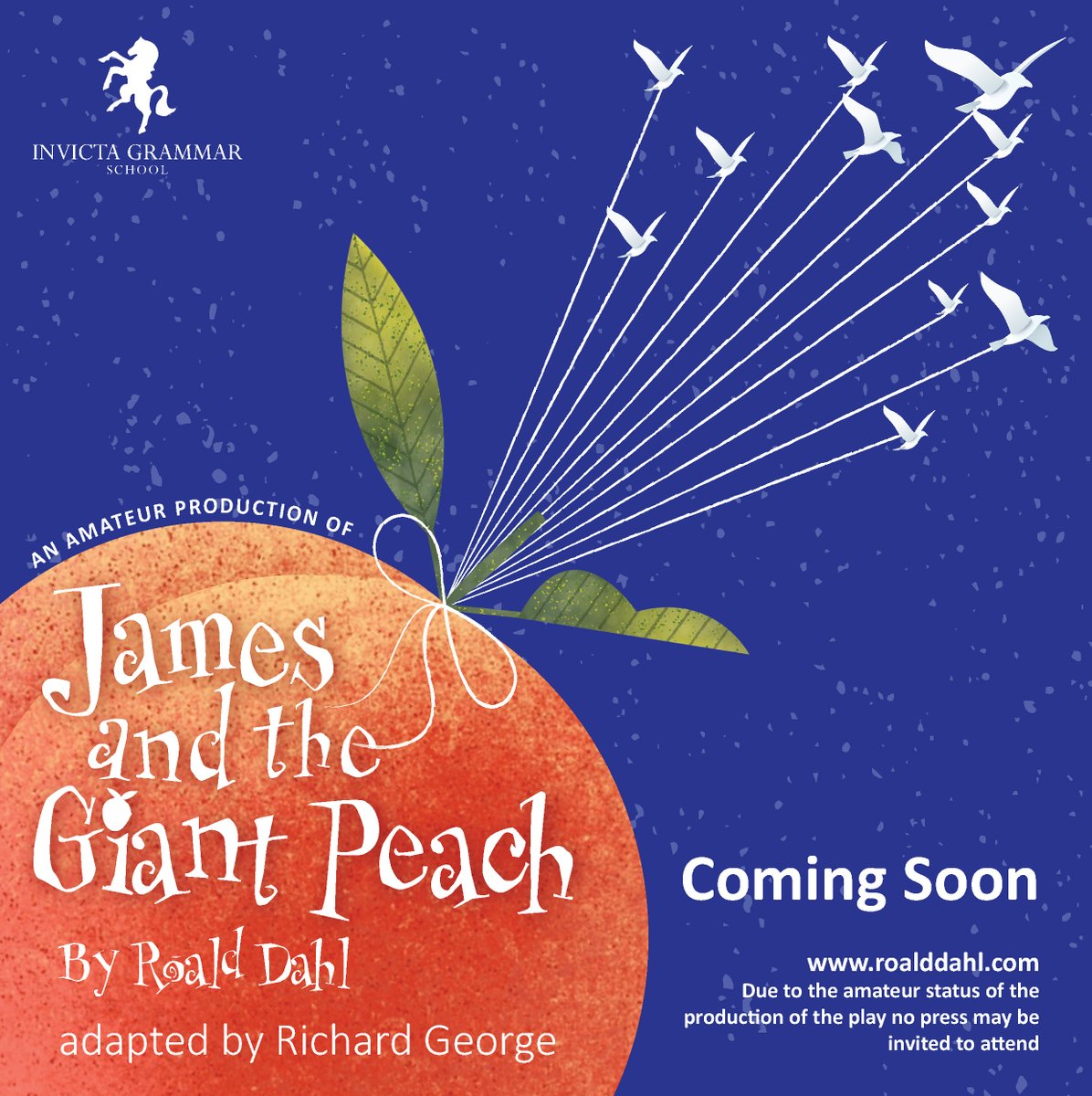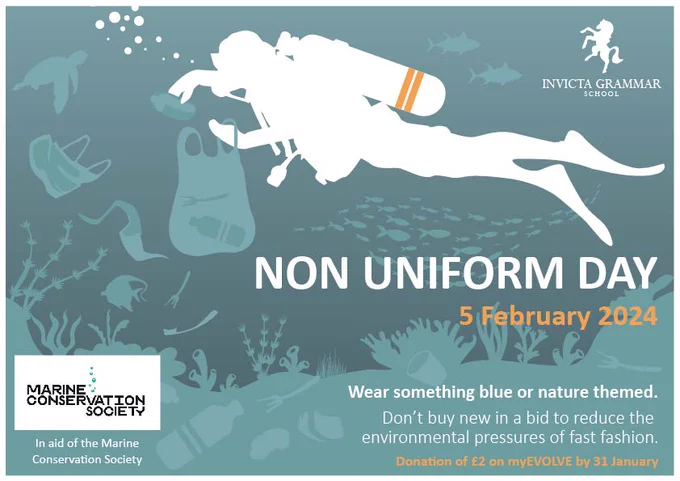Invicta Vlogs
International Women’s Day
This week’s blog gives us the opportunity to prepare for International Women’s Day on 8 March 2020.
"An equal world is an enabled world. How will you help forge a gender equal world?
Celebrate women's achievement. Raise awareness against bias. Take action for equality. "
#IWD2020 #EachforEqual https://www.internationalwomensday.com
As Assistant Director of Science, I would like to focus on a particular aspect of this year’s missions set by the IWD team: To celebrate digital advancement and champion the women forging innovation through Science and Technology.
This is an issue that is close to my heart – despite achieving highly in the STEM subjects at both primary level and Key Stage 3, and loving science and technology from a very young age, I still saw ‘scientists’ as being somehow separate to me, and had no intention of pursuing science at A Level, a STEM related degree course, or a STEM career path. My mental image of a ‘scientist’ was an older man, probably with a beard – I definitely would have benefited from seeing the "Not All Scientists Wear White Coats" posters that we have up around the school today!
This is a widespread problem – the ‘ASPIRES project’, led by UCL’s Professor Louise Archer investigated attitudes towards the STEM subjects, in surveys involving 40 000 individuals.
The evidence showed that girls’ higher attainment in STEM subjects when compared to boys is often explained away by teachers saying that girls work hard but that boys have a raw talent. As a result boys taking part in the study were more likely to say that they were good at these subjects.
The study raised questions about elitism of the STEM subjects, and the image they have for being about “innate cleverness” in a way that other subjects are not. “It is much harder for certain young people – in particular girls – to feel clever and to be recognised as being clever. They tend to be seen as working hard,” said Archer, “and working hard is seen as the opposite of being naturally clever.”
One of the many outcomes from the ASPIRES project led to the development of ‘Science Capital’ – a way to understand which science-related resources, attitudes and aspirations led some children to pursue science, while others did not. Science Capital - An Introduction
Luckily for me, my eyes were opened up to the world of science when I was taught at GCSE by Dr Brimsted, a female scientist, who had carried out research leading to her PHD before moving into teaching. She was surprised that I had not considered a career in science, and encouraged me throughout the course, resulting in my A Levels in Chemistry and Physics, and my degree in Chemistry seven years later.
“Improving Measurement and Policies for Gender Equality in STEM” is a global UNESCO project, led by STEM and Gender Advancement (SAGA). In their research, they have found that although the number of female STEM students has increased, women are still a minority across the STEM fields, both in terms of number of graduates and those active in STEM professions. “Gender equality in STEM therefore implies encouraging further participation of women and girls throughout all levels of education, and providing equal opportunities for scientists and engineers throughout their careers.” SAGA Working Paper 1, 2016
Several of the recommendations of this report can be carried out at school:
- Change perceptions, attitudes, behaviours, social norms and stereotypes towards women in STEM in society.
1.1 Promote visibility of women with STEM qualifications, and in STEM careers, especially in leadership positions in governments, business enterprises, universities, and research organisations.
- Engage girls and young women in STEM primary and secondary education, as well as in technical and vocational education and training.
- 1 Promote STEM vocations to girls and young women, including by stimulating interest, fostering in-depth knowledge about STEM career issues, and presenting role models.
- 2 Promote gender balance among STEM teachers.
- 3 Promote gender equality in STEM school-to-work transitions (including careers provision).
I will be working with the Science Department, and Mr Rzepka ,the STEM Coordinator to ensure that the STEM subjects are continually promoted across the school, as well as the many STEM opportunities both inside school and as extracurricular activities.
Please see the links below for more information about the STEM provision at Invicta, and the upcoming British Science Week – 6 – 15 March 2020.
Mrs C McGivern
Invicta Grammar School - STEM provision




























